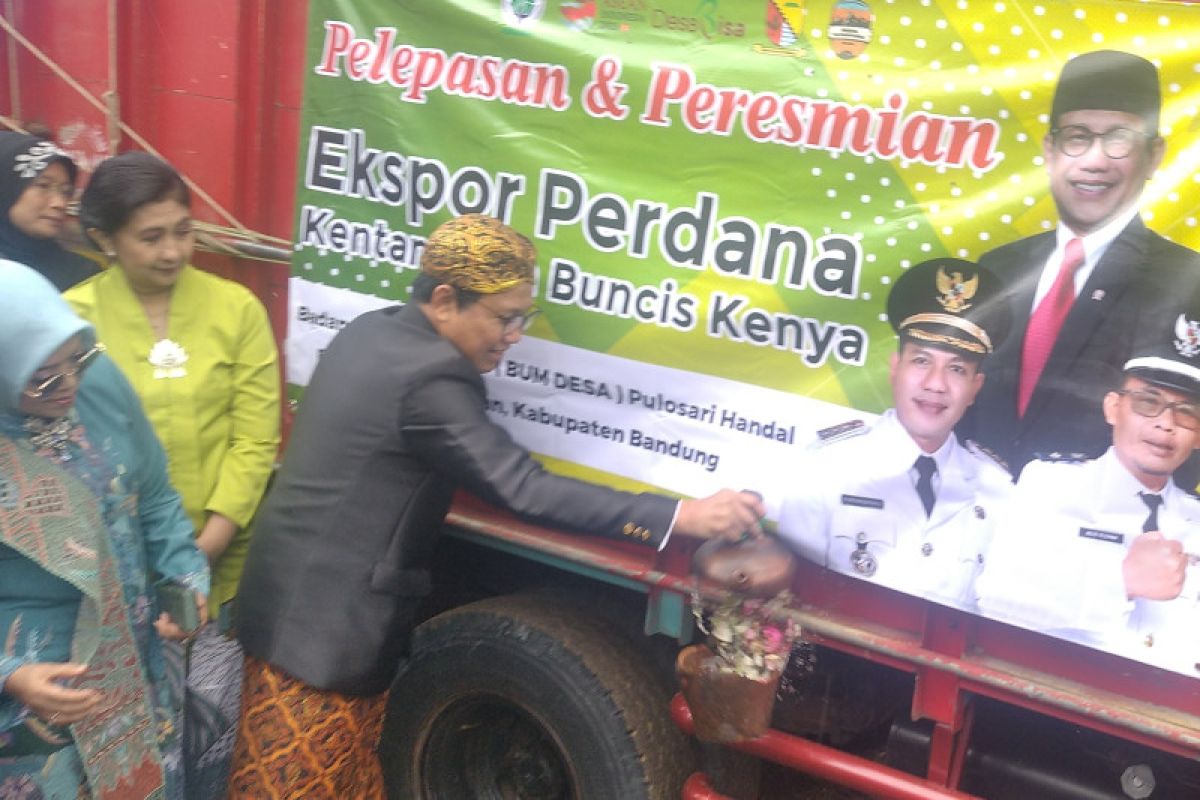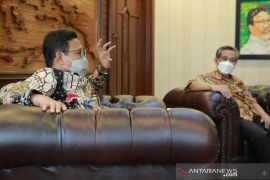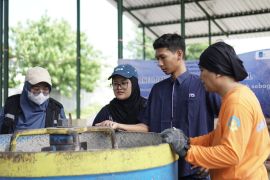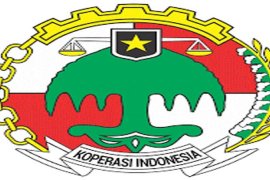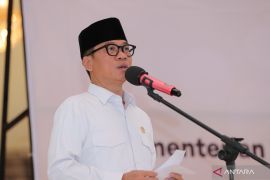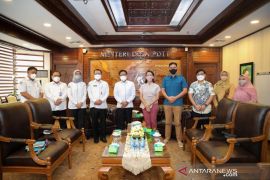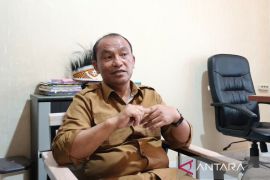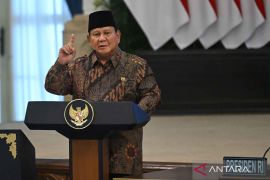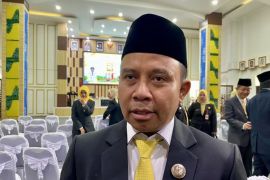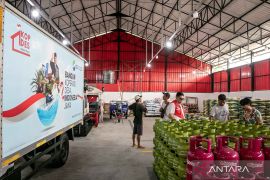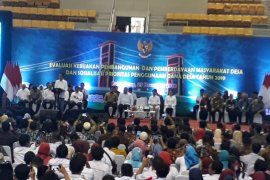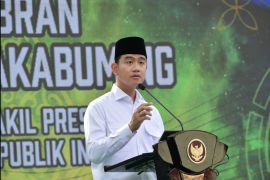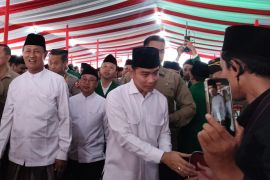This success is commendable, considering that Singapore is one of the countries that applies strict regulations with regard to food and agricultural products.
The BUMDes was established in 2015 and received a Decree from the Ministry of Law and Human Rights in 2016 and was registered with the Ministry of Villages, Development of Disadvantaged Regions, and Transmigration (PDTT) in 2022.
Pulosari Handal BUMDes has several business units engaged in the management of clean water, tourism, banking services, agriculture, and renewable energy.
At first, the village enterprises had focused on developing the tourism sector since the region has abundant natural tourist attractions, such as tea gardens, to activities, such as rafting.
However, Head of Pulosari Village, Agus Rusman, is keen to develop the village’s natural products in the form of agricultural products that are known to be of good quality.
He was exploring opportunities to increase the selling value of their agricultural products to meet export standards.
To this end, he met with the management of PT Elevasri Agri Indonesia (Elevarm) that expressed keenness to work together to market potatoes and string beans in foreign markets.
"Thank God, we reached an agreement to export Kenyan potatoes and string beans to Singapore," he told Minister of Villages, Development of Disadvantaged Regions, and Transmigration (PDTT), Abdul Halim Iskandar, in Pangalengan.
The BUMDes applies a business model that utilizes the local farmers’ supplies with help from Elevarm to provide assistance to match the export standards. Moreover, Elevarm provides help with the capital.
After going through several processes and stages, the first export of potatoes, which reached eight tons per week and 200 kg of Kenya string beans, was realized. The initial export value of potatoes amounted to Rp112 million and Rp3.4 million per week for string beans, or a total of Rp115.4 million.
Furthermore, starting February 27, 2023, the monthly exports of potato commodities stood at 64 tons and Kenya string beans, at four tons. The export value for potato commodities reached Rp896 million per month and Rp68 million for string beans.
Apart from export, the BUMDes also processes leftover agricultural products that failed to meet export standards to be converted into processed products, such as potato chips and frozen vegetables for tourists in Pangalengan.
To support the development of Pulosari Handal BUMDes, the Pulosari Village Government has provided a budget of Rp70 million.
The BUMDes has been able to absorb a workforce of around 60 people, comprising workers and business partners in clean water, tourism, renewable energy, bank agents, and agriculture business units.
Apart from being able to export potatoes and string beans, BUMDes Pulosari Handal will also expand the export market for coffee produced by Pulosari Village.
In order to improve the welfare of villagers, the village enterprise has also assisted in fostering several farmer women's groups by producing snacks from potatoes.
Within a month, a group of women farmers can process a quintal of potato chips. They were targeted to be able to produce 16 tons of processed potatoes and some 300 quintals of string beans.
Minister Iskandar noted that the success of BUMDes Pulosari Handal must become an example for other BUMDes.
“One of the easiest ways to build a village is by replicating,” he remarked.
Village potential
As a village business entity, the establishment of BUMDes aims to utilize the potential of the local community in the economic sector with both natural and human resources.
Although BUMDes is a business institution, it must be able to provide other social and non-economic benefits apart from profit. Therefore, BUMDes is established to become a social institution as well.
BUMDes must be managed with competent human resources that could handle the budget wisely. As a business institution managed by the community and village government, BUMDes Pulosari Handal must be able to strengthen the economy based on the needs and potential of the village.
Minister Iskandar said that BUMDes is a pillar of village economic activity that functions as a driving force for the economy of village communities.
“BUMDes has a positive and real impact on the community," he stated.
He also affirmed that his ministry is committed to finding markets for products produced by villages throughout Indonesia in order to improve the welfare of local residents.
Hence, the local government, district government, and the PDTT Ministry must find solutions to help the village’s products penetrate the global market according to the requirements, both in terms of quality and quantity.
"This is the key to downstream the economic process at our ministry,” he added.
He is optimistic that BUMDes and joint BUMDes would develop as village business entities since they were already included in the information technology-based licensing system that integrates regional and central licensing to facilitate domestic business activities called Online Single Submission (OSS) from the Ministry of Investment/Investment Coordinating Board (BKPM).
In future, it is hoped that BUMDes and joint BUMDes would become more agile and move forward to build businesses that are economically and socially profitable.
In running its business, BUMDes and joint BUMDes must not become new competitors for businesses owned by villagers. The village business institution must help to increase its role in supporting businesses owned by village residents.
In addition, BUMDes is expected to offer a ray of hope in improving the welfare of villagers towards realizing an advanced Indonesia.
Related news: Villages play key role in bolstering exports: Ministry Related news: Need to increase HR capacity for BUMDes development: Ministry
Related news: Minister asks BUMDes, BUMDesma to support villagers' businesses
Translator: Zubi Mahrofi, Resinta S
Editor: Azis Kurmala
Copyright © ANTARA 2023
